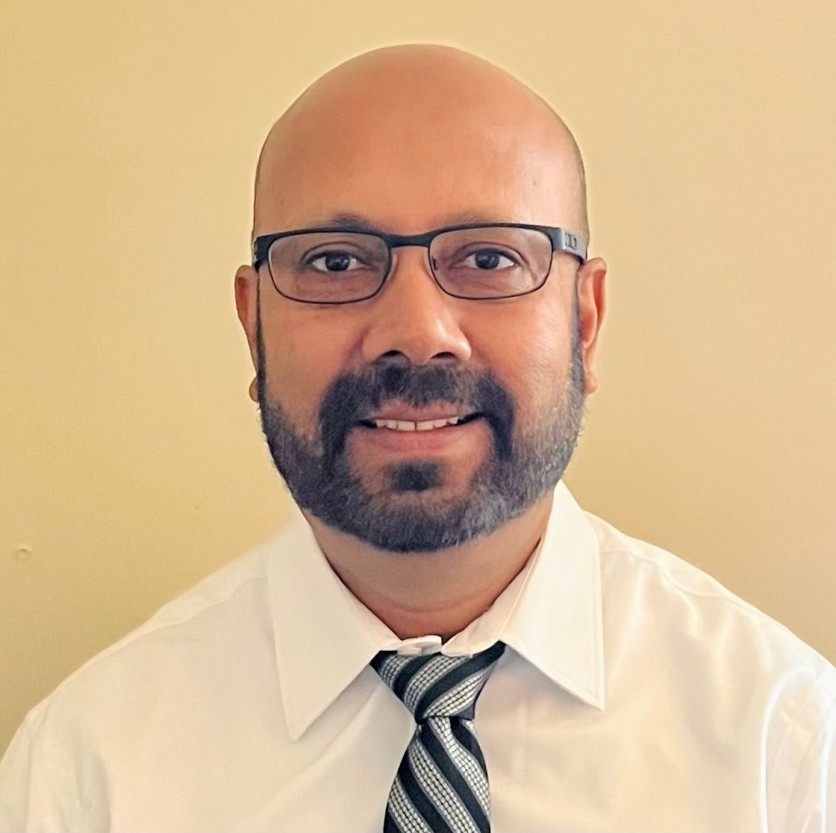
After receiving a bachelor's degree and a master's degree in statistics from Tribhuvan University in Kathmandu, Nepal, Ramesh Basnyat transitioned to a professorship at the same university. Working with eager students, and having the chance to give back, were Ramesh's favorite parts of his work as a professor, but eventually, he received the chance to pursue his own studies further and jumped on it. In 2004, Ramesh was offered a scholarship to Wright State University in Ohio to pursue a master's degree in applied statistics.
As a lifetime student of statistics, he naturally started working in data analytics, and immediately, something clicked. Ramesh seemed to have an affinity for numbers, statistical trends, and pulling deep insights from large data sets. In 2004, the world was just waking up to how powerful data was and Ramesh played a major role in that. Working as a statistical analyst for Salix Pharmaceuticals, he helped build more effective marketing strategies using data.
It soon became clear to Ramesh that he wanted to work with more complex data sets, so he moved into the world of banking and finance. He spent time at BB&T Bank as a credit data consultant. There, he began using coding skills, including SAS and SQL procedures, to audit data from different databases and ensure its quality. When the data was incorrect, it was Ramesh that would chase down the error and resolve it. His ability to use technology to sift through numbers was unparalleled, and it would be that very ability that would make him a huge successful down the line.
In 2020, Ramesh started working as the Vice President of a Financial Crimes division at Bank of America. One of the largest banks in the United States sought his leadership to manage and solve financial crimes. Working with law enforcement and regulatory authorities, Ramesh and his team would conduct analysis to help solve financial crimes. It was a high-stakes position, but combing through data, understanding variances, and being able to figure out how and why they happened have always been some of Ramesh's most refined skills.
On top of data variances, Ramesh designed risk-based controls that were aimed at preventing financial crimes in the first place. He developed a financial risk strategy, began tracking new metrics, and made Bank of America a safer steward of its customers' funds. Through Ramesh's leadership, a new process was developed for data screening; it reduced time spent by 50% and cut down on the amount of false positive data flags that were shared with regulators.
Now, still at Bank of America, Ramesh is the Vice President of Consumer and Small Business Banking. He spends his time developing strategies and new banking products for small businesses, changing the way they use data, relying on computers to do the heavy lifting. With technology, small businesses can significantly change their operational approach; tasks can be automated, human error is less common, and data-driven insights become critical business tools. A recent reduction in his team size has left Ramesh to manage the workload of multiple people, but through innovative technological solutions, he manages to make it work.
Ramesh is a data analytics expert who spent years understanding the numbers themselves. Working in statistics for so long equipped him with the tools to make data so much more than just numbers. He's helped stop criminals, supported small businesses during tough times, and kept financial data safer than ever. Ramesh is good with numbers, but he's great with problem-solving, and the combination is unstoppable.
ⓒ 2026 TECHTIMES.com All rights reserved. Do not reproduce without permission.




